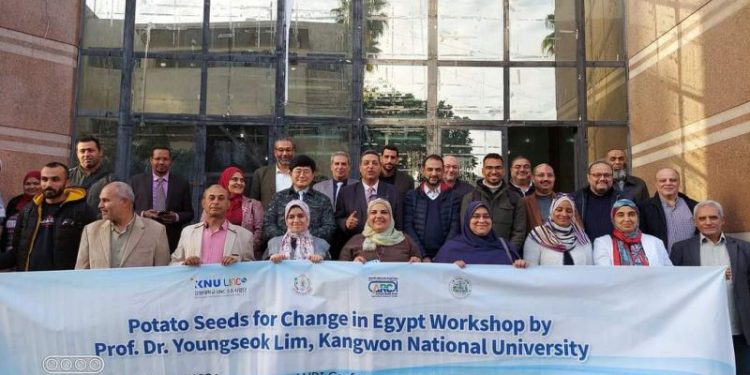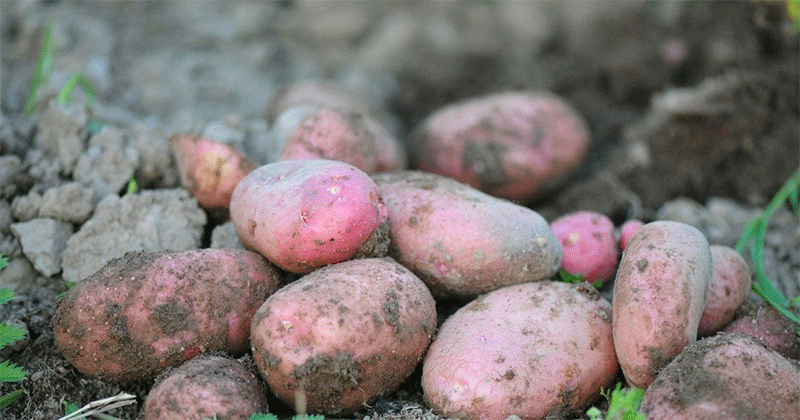#Agriculture #PotatoProduction #SustainableFarming #Aeroponics #PlantFactories #PrecisionAgriculture #InnovationInAgriculture #EgyptAgriculture #ClimateSmartFarming #ResourceEfficiency
In the arid landscapes of Egypt, where agriculture faces challenges related to water scarcity and climate change, the future of potato seed production is taking a remarkable turn. Cutting-edge aeroponic and plant factory technologies are emerging as game-changers, offering a sustainable and efficient alternative to traditional cultivation methods.
Aeroponic Systems Enhancing Efficiency
Aeroponics, a soilless cultivation technique, suspends potato plants in air and delivers essential nutrients through a mist. This method proves to be highly resource-efficient, as it uses significantly less water compared to conventional soil-based systems. According to recent studies, aeroponic systems can reduce water usage in potato cultivation by up to 90%, a crucial factor in regions facing water scarcity.
In addition to water efficiency, aeroponics also promotes faster growth and higher yields. The controlled environment allows for optimal nutrient absorption, leading to healthier plants and improved productivity. Farmers adopting aeroponic systems in Egypt are witnessing not only increased yields but also a more sustainable use of precious water resources.
Plant Factories: Precision Agriculture in Action
Plant factories, equipped with state-of-the-art technology such as artificial lighting and controlled climate conditions, are taking potato seed production to the next level. These facilities provide a controlled environment where every aspect of the growing process, from temperature to humidity, can be precisely regulated. The result is a consistent and high-quality potato harvest year-round.
Recent data indicates that plant factories can significantly reduce the impact of external factors, such as extreme weather events, on potato crops. This resilience is particularly valuable in regions like Egypt, where unpredictable climate patterns can pose serious challenges to traditional farming.
Data Insights: Transforming Agriculture in Egypt
The adoption of aeroponic and plant factory technologies in Egypt has shown promising results:
Increased Yields: Farmers using aeroponics report a substantial increase in potato yields, contributing to food security and economic sustainability.
Resource Efficiency: Both aeroponics and plant factories demonstrate efficient resource use, with reduced water consumption and optimized nutrient utilization.
Consistent Quality: Plant factories ensure a consistent quality of potato produce, meeting market demands for premium products.
Paving the Way for Sustainable Potato Cultivation
As Egypt looks towards the future of agriculture, the integration of aeroponic and plant factory technologies presents a promising path. These innovative approaches not only address the challenges posed by water scarcity and climate change but also contribute to increased productivity and economic viability for farmers.
The data speaks volumes, showcasing the transformative impact of aeroponics and plant factories on potato seed production. The future of sustainable agriculture in Egypt is taking root, promising a resilient and efficient approach to meeting the demands of a growing population.







